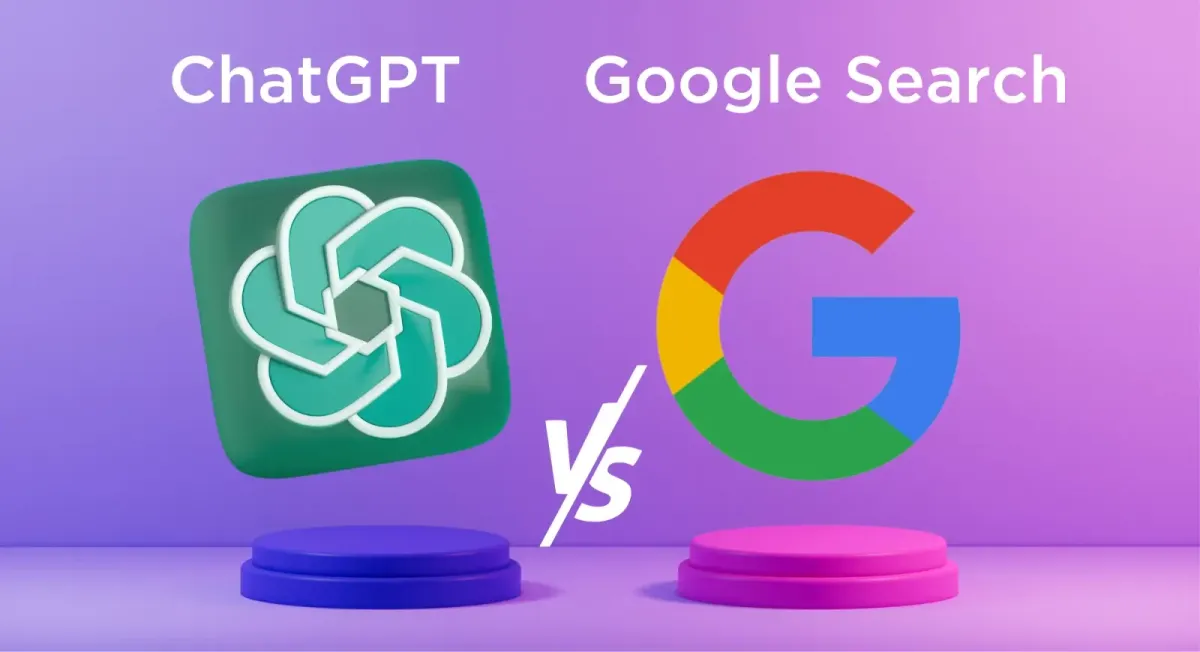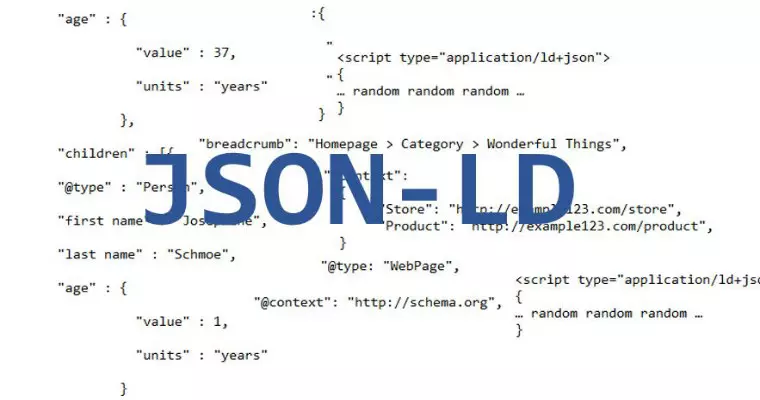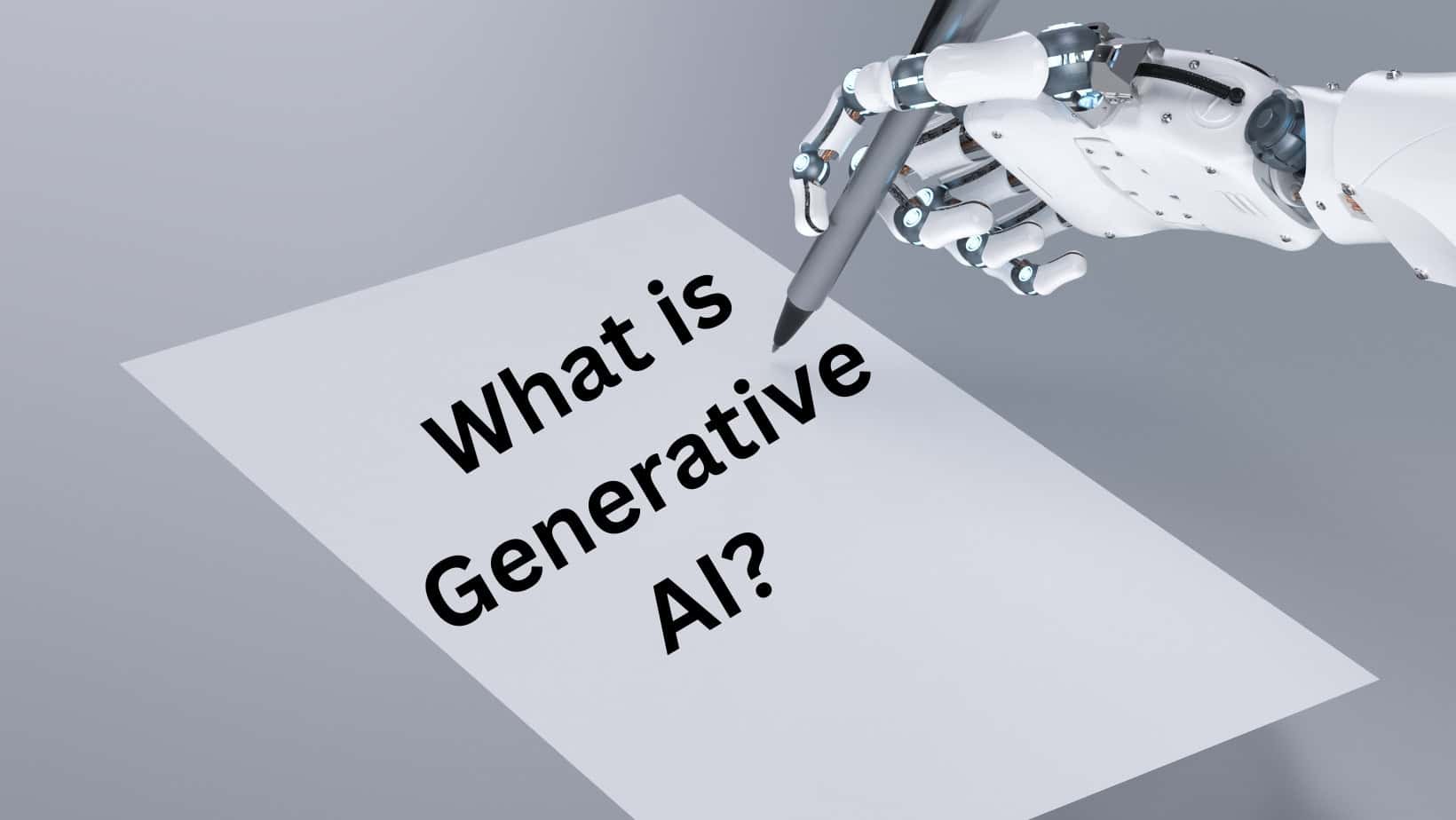AI vs Search Engines: A New Way to Search
Discover how tools like ChatGPT and Perplexity overcome the limitations of traditional search engines by interpreting the meaning of queries and providing more relevant and contextualized answers.

When we use Google or other traditional search engines, the process is primarily based on matching keywords from the query with content indexed on the web. This process occurs through algorithms that scan millions of web pages, finding those that contain the exact words or a semantic proximity to them. However, this method has an important limitation: if our query uses different terms or very specific language that doesn’t match how the information is described on the web, the search engine might not provide useful results.
For example, let’s say a user is searching for “tropical fruit similar to a green apple but with the taste of a kiwi.” Google might struggle to provide an immediate result if there are no pages containing exactly this description. Even if the information is available online, it might be described differently, perhaps using the fruit’s scientific name or technical language, making it difficult to match with the query.
With AI-powered tools like ChatGPT or Perplexity, the search process works differently. These technologies do not limit themselves to exact textual matches but interpret the meaning of the question thanks to their understanding of natural language (Natural Language Understanding, NLU). In other words, they can grasp the intent of the query and provide relevant information, even if expressed with words different from those in the source.
Practical Examples of Differences Between Traditional Search and AI
Example 1: An Ambiguous Query
- Google: “Movie about a deaf musician who plays drums” Google would return results only if there are pages containing exactly these words or similar phrases. If the movie exists but is described as a “drama about a drummer coping with hearing loss,” the match might not be immediate.
- ChatGPT/Perplexity: The AI understands that the user is looking for information about a movie combining the concepts of drumming, music, and hearing loss. It can deduce that it refers to Sound of Metal, even if the original text does not use the same words.
Example 2: A Complex Legal Problem for a Young Lawyer
A junior lawyer might want to know: “Can I terminate a lease agreement if the tenant sublets without permission?”
- Google: It would provide results only if pages contained exact expressions like “lease agreement subletting termination.” If there are no contents addressing this combination of concepts, the results might not be very helpful.
- ChatGPT/Perplexity: The AI could interpret the query and explain that, under Italian law (e.g., Article 1594 of the Civil Code), the landlord can terminate the contract in case of unauthorized subletting, providing practical examples or references to further legal sources.
Example 3: Searching for Specific Legislation
A lawyer might ask: “What is the statute of limitations for contractual liability in Italy?”
- Google: It would provide useful results only if there are pages answering the question directly. Without a precise query, the search engine might confuse it with results about tort liability or unrelated articles.
- ChatGPT/Perplexity: The AI understands that the question refers to the statute of limitations for contractual liability, identified in Article 2946 of the Civil Code (10 years), and could add useful clarifications such as exceptions or specific cases.
Example 4: Interpreting Court Decisions
A junior lawyer might ask: “What does ‘proven force majeure’ mean in contractual contexts?”
- Google: It might find legal documents or judgments containing this phrase, but without providing a clear explanation. The user would need to read multiple sources to find a satisfactory meaning.
- ChatGPT/Perplexity: The AI can interpret the concept, explaining that force majeure refers to extraordinary and unforeseeable events that make contractual performance impossible. It could also provide examples of jurisprudential cases where the concept was applied.
Example 5: Drafting Legal Documents
A lawyer might want to know: “How do you write a cease-and-desist letter to stop unauthorized trademark use?”
- Google: It might return generic templates or articles but not tailored to the specific context of the request.
- ChatGPT/Perplexity: It can provide an example of a cease-and-desist letter adapted to the described situation, explaining the most appropriate legal terms and suggesting how to structure the document.
Advantages for a Lawyer
- Contextual Understanding: AI understands legal language even when expressed colloquially or incompletely.
- Clarification of Complex Concepts: It offers detailed explanations, reducing the need to consult multiple sources.
- Practical Suggestions: AI can indicate strategies or procedures, such as references to specific Civil Code articles or relevant case law.
These tools become particularly useful for those approaching law, where precision of information is crucial.




